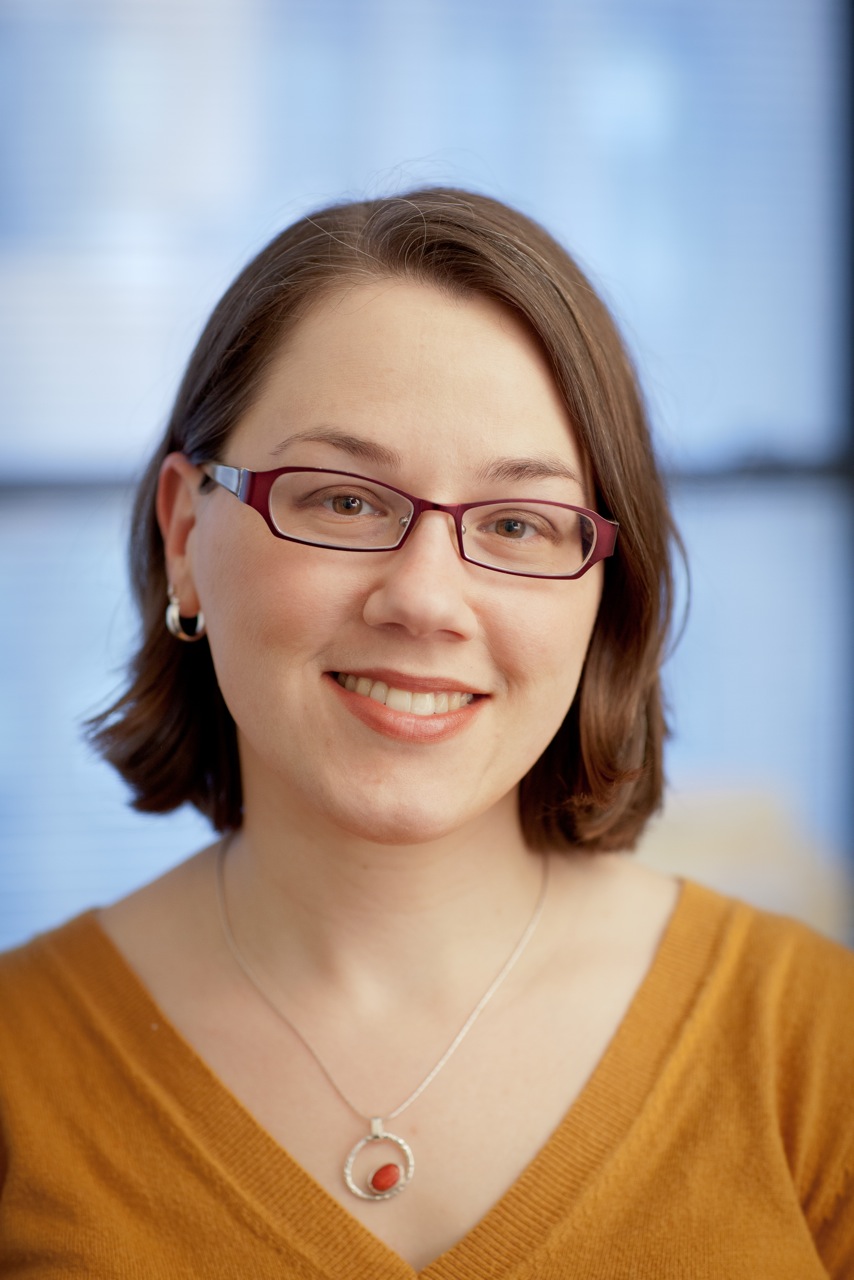A d’var Torah for Shavuot 5774
“Moses led the people out of the camp towards God, and they took their places at the foot of the mountain.” (Ex. 19:17) This is the essence and promise of Shavuot: that we as a people can walk towards God, take our places, and stand together as one nation, shoulder to shoulder, ready to receive Torah.
What does it mean to stand together? On Shavuot, it becomes not some moment from history but a grand vision of our potential that we can live into in any moment. To paraphrase Rabbi Abraham Joshua Heschel, the “revelation at Sinai lasted a moment, a moment enduring forever.”
But how to get (back) there? How do we access that eternal moment?
If we look beyond the clouds and the smoke and the fire and the glory, for me, the holiday of Shavuot is simply about how we live. If Pesach is about freedom from slavery, Shavuot is about the creation of a just and responsible society – crafting systems by which we can maintain that hard-won freedom.
The way we Jews move from Pesach to Shavuot is through counting the 49 days of the Omer. According to rabbinic tradition, this is the time during which the Israelites escaped through the Sea of Reeds, emerged in the wilderness of the desert, and journeyed toward Sinai, the place of revelation. According to biblical tradition, Shavuot (meaning weeks) is the culmination of seven weeks of waiting for the barley, the first planting, to bear fruit.
The word omer itself connotes a kind of measure – it is the amount that each person should reasonably and equitably receive to be able to eat for one day. In Exodus chapter 16, when the Israelites miraculously discover manna, some hoard it out of anxiety and some don’t take enough. But, according to verse 18, “when they measured it by omer, anyone who gathered too much had no excess, and anyone who had gathered too little had no deficiency: they had gathered as much as they needed to eat.” Rashi teaches us that this is the miracle of the Omer: God not only provides sustenance, but ensures that it is distributed equitably.
At its heart, the Omer period is a time of evening out, a time of thoughtful and just measuring in which we consider the resources we have, what we receive, and what we can give. In short, it is a time where we consider our place in the world next to others. What do we truly need to live well? What is our responsibility to other people, whether they are our neighbors or people across the globe with very different lives and resources? What does an equitable distribution of resources look like, really? And what is an appropriate omer for each of us that allows for the planet to also thrive?
These large and difficult questions clamor for our attention on this globalized planet, where resources are gobbled up at an alarming rate and the wealth gap nationwide and worldwide is ever widening. For me, it is tempting to continue living as we have been, making only token lifestyle changes to appease my conscience. But I believe the practice of counting the Omer leading up to Shavuot calls us to contemplate seriously how we can act in a more systemic way in pursuit of a vision of social justice that sustains the planet.
This is why is it fitting that we begin “Torah from T’ruah,” divrei Torah that explore different ways we can move toward that vision, on Shavuot. Shavuot is an offering of our “first fruits,” reminding us that the blessings we receive are to be shared. When, in biblical Israel, farmers brought their Shavuot nidvat yad – freewill offering – to the Temple, they feasted with not only their families, but also with the “the stranger, the fatherless, and widow in your midst.” (Deut. 16:11) As we gather this erev Shavuot to learn and feast in our community, may what we study strengthen our sense of responsibility beyond our immediate community – to the poor, the stranger, to the earth itself. Shavuot is our opportunity to think big and to study big, and dream big about how we can live to that eternal moment and be blessed with a just vision of our human potential.
Rabbi Anna Boswell-Levy is Co-Chair of the T’ruah Board of Directors. A graduate of the Reconstructionist Rabbinical College, she is the spiritual leader and education director of Tzedek v’Shalom in Newtown, PA.


